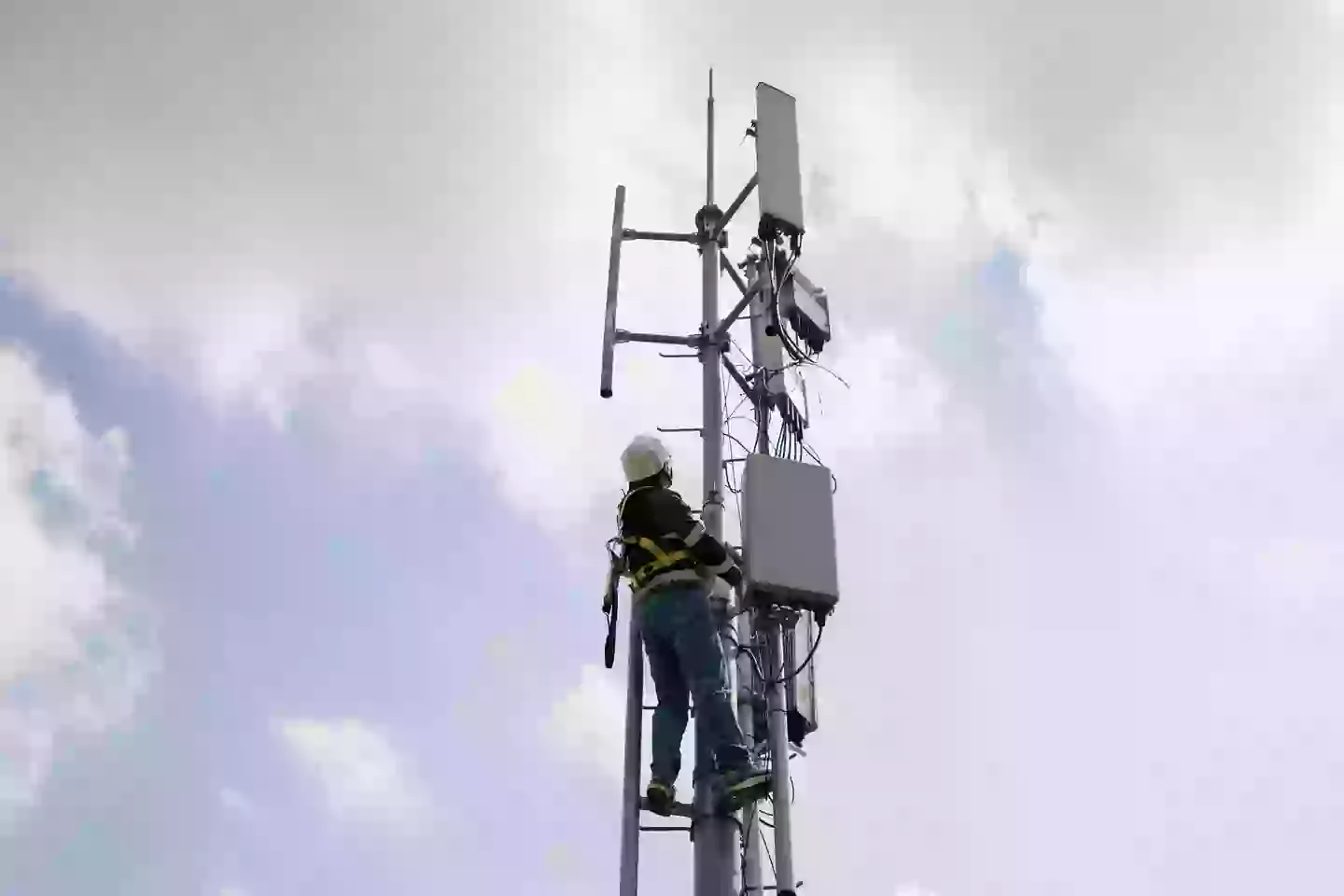
We all live in a techy world surrounded by acronyms and brand names, including many that have become so widely used that they feel like real words instead.
From Bluetooth to Wi-Fi, there are stories behind almost every single one of them, ranging from companies trying to come up with a catchy name to simple abbreviations that stuck over the years.
However, sometimes it's the very simplest of names that can amazingly get lost in translation, with people failing to realise where it came from.
Advert
Enter "5G" - or, indeed, 4G, 3G and the rest of the mobile network "G" family. These are a whole heap of connection standards that many of us have been accessing on our iPhones for years and years.

However, if you stop to ask people, or check social media sites like Reddit, it's always amazing to see how often people don't know what the "G" in these labels actually stands for.
The good news for you is that we're not going to delay and wait until the very end of this article to tell you the answer - 5G stands for "fifth-generation", with the same principle holding true for 4G and 3G (fourth-generation and third-generation respectively).
Advert
So, the G doesn't stand for any confusing technobabble word that you wouldn't be able to remember but instead is literally just labelling the generation of the connection tech you're using.
This is a helpful way to let people know whether they're using the latest network, with the highest potential speeds and capacities, even if there are in fact plenty of technical details that those who care can look into.
For one thing, if you want to get into the weeds a little, there are actually plenty of different types of tech within a generation like 5G - which accounts for why you might find that you get different speeds in different locations.

Advert
After all, 5G can in theory be up to 100 times faster than 4G, but in real-world circumstances, you'll rarely see a margin as big as that between the two.
Really, 3G was the first time people started to widely know about the different network generations since that was the point at which it started to be incorporated into marketing for network providers.
Now, having the best 5G coverage and the highest speeds is clearly seen as a vital part of any plan to attract customers, so you'd think you could assume those customers know what 5G actually is.
Still, there's always room to learn more about the tech we use every day - and this might mean that you're ready for the eventual roll-out of the inevitable 6G whenever that comes.